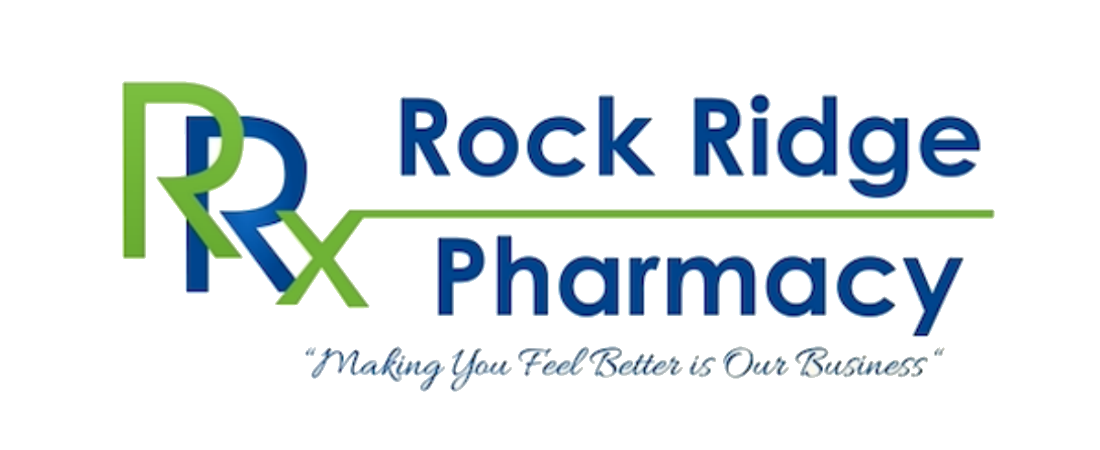Healthy skin is more than just a an aesthetic concern. It’s the largest organ in your body and a reflection of your internal health. While no single pill can replace hydration, sleep, or sun protection, certain nutrients are essential to maintaining a clear, resilient complexion. Knowing which ones matter, and why, can help you make informed choices about your skincare and supplement routine.
This guide explores the best vitamins for skin, how they work, and what to look for when shopping for supplements.
Why Skin Health Depends on Nutrition
Skin acts as a barrier against toxins, regulates temperature, and helps prevent water loss. To do this, it needs a steady supply of vitamins, minerals, and antioxidants that protect cells, build collagen, and fight inflammation.
If your diet is low in these nutrients, or your body has trouble absorbing them, the skin often shows the first signs of imbalance: dryness, dullness, breakouts, or delayed healing. Supplements can help fill gaps, but only if they provide nutrients in forms your body can actually use.
The 5 Best Vitamins for Skin
1. Vitamin C
This is one of the most well-studied nutrients for skin. It’s a cofactor in collagen synthesis, the process that keeps skin firm and elastic. It also helps neutralize free radicals generated by UV exposure and pollution.
Without enough vitamin C, collagen fibers weaken and wounds heal slowly. In clinical studies, topical and oral vitamin C both improve skin tone and reduce oxidative stress.
For a reliable source, look for high-potency products like Vitamin C 1000mg from Rock Ridge Pharmacy’s curated collection. It’s formulated for optimal absorption and backed by pharmacist oversight.
2. Vitamin E
Vitamin E is a fat-soluble antioxidant that sits in cell membranes and protects them from oxidative damage. Combined with vitamin C, it strengthens the skin’s defenses against environmental stress. Studies show vitamin E supplementation can improve hydration and reduce UV-induced damage, though it should be paired with a healthy lifestyle for best results.
At Rock Ridge Pharmacy, options like Pure E 400 IU offer a clean, pharmacist-approved way to add this nutrient to your routine.
3. Vitamin A and Carotenoids
Vitamin A (and its plant-based precursors, carotenoids) regulates cell turnover and sebum production. It’s also the basis of retinoids, a staple of dermatology for managing acne and signs of aging. When taken in safe doses, vitamin A supports the skin’s ability to renew itself and resist damage.
Excess vitamin A can be toxic, so it’s important to stick to recommended amounts or consult a healthcare provider if using multiple vitamin A products simultaneously.
4. Vitamin K
Vitamin K isn’t as famous as C or E, but it plays an important role in wound healing and minimizing under-eye dark circles. It supports healthy blood clotting and vascular function, factors that can affect skin appearance, especially after procedures or injuries.
For an evidence-based source, browse Rock Ridge Pharmacy’s vitamin K selection for options reviewed by pharmacists.
5. B Vitamins
The B vitamin family, especially B3 (niacinamide), B5 (pantothenic acid), and B6, supports the skin barrier and reduces inflammation. They help maintain hydration, reduce redness, and improve overall tone. Deficiency in certain B vitamins has been linked to dermatitis, acne, and delayed healing.
Complex blends like B-Complex 6 Extra B6 can provide balanced support for energy, mood, and skin health simultaneously.
How to Choose the Best Vitamins for Skin
When selecting a skin-focused supplement, pay attention to:
- Form of the vitamin: Activated or bioavailable forms are absorbed more easily.
- Third-party testing: Look for brands that verify purity and potency.
- Transparency: Avoid vague “proprietary blends” with no dosage info.
- Storage: Keep vitamins in a cool, dry place to maintain potency.
Rock Ridge Pharmacy makes this simpler by only offering pharmacist-approved supplements with clear ingredient labels and sourcing practices. This helps ensure you’re not just buying hype, you’re getting products with verified quality.
Are Topical or Oral Vitamins Better?
Both topical and oral vitamins can benefit skin, but in different ways. Topicals act locally, while supplements support skin from within by providing systemic antioxidant protection and building blocks for healthy tissue. For long-term results, combining a balanced diet, targeted supplementation, and proper skincare gives the most comprehensive support.
When to Speak With a Healthcare Provider
If you have chronic skin issues, underlying health conditions, or take prescription medications, consult a healthcare professional before starting new supplements. Some vitamins, especially A, D, and E, can build up in the body if taken in excess.
Rock Ridge Pharmacy offers pharmacist guidance alongside high-quality products, bridging the gap between self-care and professional oversight.
Final Note
Your skin is a living organ that reflects your overall health. While no supplement can replace good habits, the best vitamins for skin can make a noticeable difference in your appearance.
By focusing on evidence-based nutrients like vitamin C, E, A, K, and B vitamins, and buying from trusted providers like Rock Ridge Pharmacy, you’re giving your skin the support it needs from the inside out.
Disclaimer:
This blog is for informational purposes only and does not replace professional medical advice. Always consult your doctor or pharmacist before starting or changing any supplement regimen.





